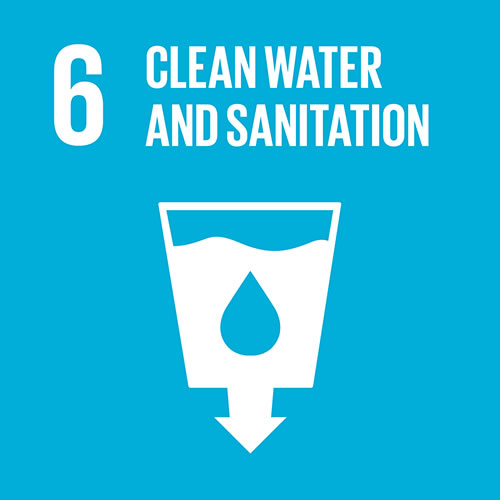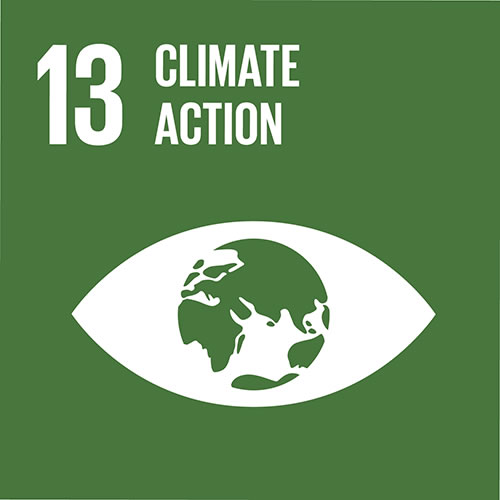2023
19 AprWisdom from Former US President Barack Obama’s Science Envoy


The International Institute of Science Diplomacy and Sustainability (IISDS) of UCSI University conducted its third invitational lecture on March 9, 2023, at the UCSI University KL Campus with the support of the US Embassy in Malaysia. The talk, titled "Science Diplomacy in the Era of Sustainability: Toward Global Peace and Prosperity," was given by Distinguished Professor Dr Rita Colwell, a well-known environmental microbiologist and scientific administrator, as well as former US Embassy Science Envoy. Distinguished Professor Tan Sri Dr Zakri Abdul Hamid, the founding director of the IISDS, moderated the lecture session.
Dr Colwell started by describing her experience dealing with scientific matters that had to be conveyed to the public, including the Deepwater Horizon, aka the BP Oil Spill, of 2010. She said it is important, to tell the truth to power when it comes to science diplomacy. This could be interpreted in many ways. Dr Colwell explained that by telling the truth to those in power, more policy changes would be implemented with scientific backing. She recounted working as the US Science Envoy under former US President Barack Obama, who then listened in on the issue. Independently, they had multiple campaigns and outreach programmes to educate the locals about the oil spill and how it could harm the environment, but also their communities.
“Tell the truth to power.”
Dr Colwell then discussed the recent COVID-19 pandemic and how her team used science diplomacy at that time to benefit the US. Her team developed a precise live-prediction algorithm for COVID-19 cases that could detect regions of vulnerability before the cases actually happened – a remarkable scientific achievement that, as she described her experiences and genuinely astounded and piqued our interest. How did she do it? Dr Colwell briefed us about the cholera epidemic in certain parts of Asia.
Cholera is a disease that triggers symptoms like Diarrhoea and dehydration due to ingesting contaminated food or water. The bacteria – Vibrio Cholerae – is described as having a “copepod” structure and a long rat-like tail. When it was discovered that the enzymes on the bacteria could break down hard crustacean shells, it became easy to track their population density in certain regions of the sea. This led to another discovery where the population of Vibrio Cholerae has a positive correlation to higher sea surface temperatures.
This helped Dr Colwell and her team predict the possible points of infection. Thanks to the movement of water through different forms (i.e., rivers, beaches, etc.). Since they already had this live risk-prediction algorithmic model, they simply had to modify it for the COVID-19 pandemic. First, long before the pandemic hit, they could already identify that the SARS-CoV-2 virus would be responsible.
Therefore, they tweaked the algorithm based on the behaviour of SARS. Not only did the prediction results were impressive, but it also intrigued the audience. Dr Colwell presented two population density maps on her slides – one showing the predicted cases of COVID-19 back in April 2020. The next showed the recorded cases of COVID-19 months later in June 2020. Both images mirrored each other. It made us understand what people sometimes mean by the miracle of science. Dr Colwell concluded her session by suggesting that scientists should be able to work more closely with the government for better policy reforms.
Dr Colwell is a world-renowned environmental microbiologist and scientific administrator. She was the first woman to serve as director of the US National Science Foundation. A member of the US National Academy of Sciences, Dr Rita Colwell received the National Medal of Science for her work in studying oceans, climate and human health. In recognition of her work in the world’s polar regions, the geological site in Antarctica, Colwell Massif, has been named in her honour.
She was awarded the Mahathir Science Award in 2015 for her work on the bacterium that causes cholera. During Barack Obama’s tenure, she was one of three science special envoys appointed by the Secretary of State to promote science diplomacy among developing nations. She was instrumental in spreading community-based water safety education and introducing viable, low-cost technological innovations in communities throughout Asia-Pacific and Africa.






